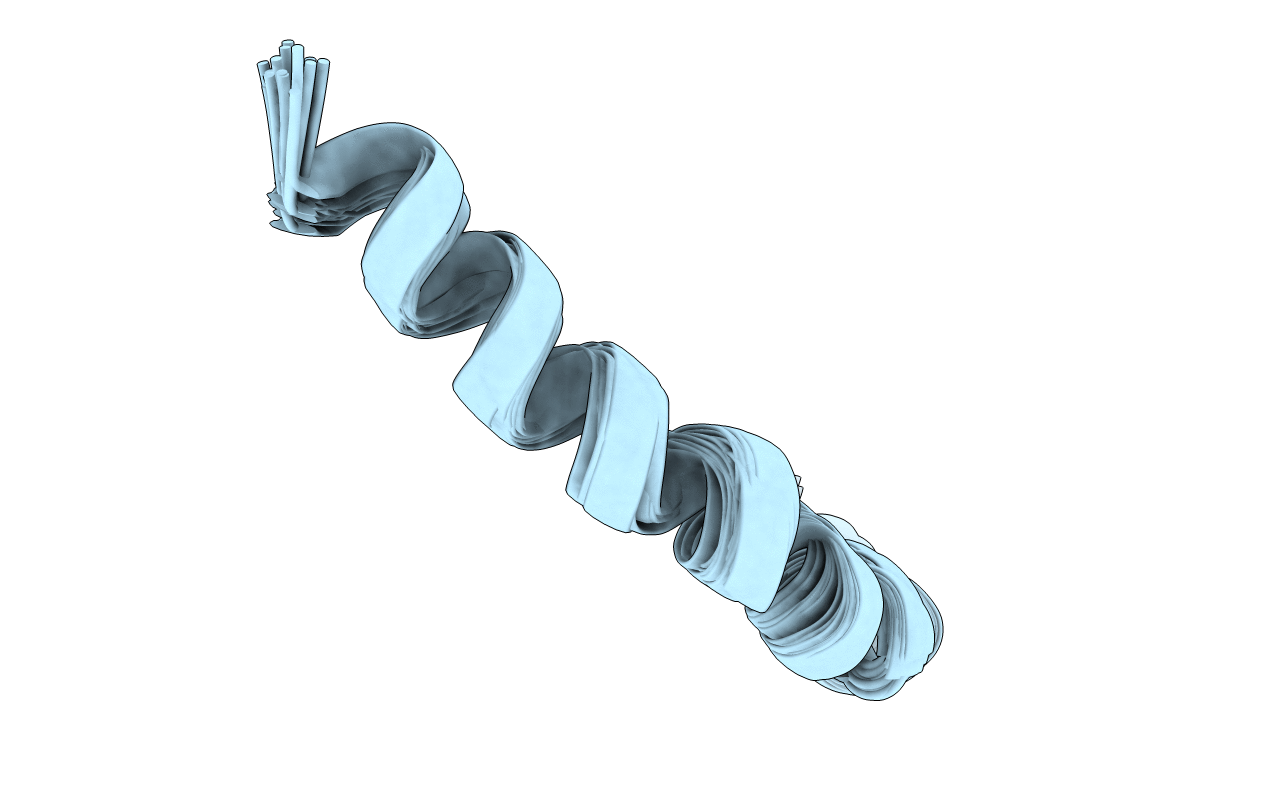
Deposition Date
2014-03-16
Release Date
2015-01-28
Last Version Date
2024-05-15
Entry Detail
PDB ID:
2MMM
Keywords:
Title:
Solution structure of the mature form, GK cecropin-like peptide from Ae. aegypti mosquito
Biological Source:
Source Organism(s):
Aedes aegypti (Taxon ID: 7159)
Expression System(s):
Method Details:
Experimental Method:
Conformers Calculated:
100
Conformers Submitted:
20
Selection Criteria:
structures with the least restraint violations


